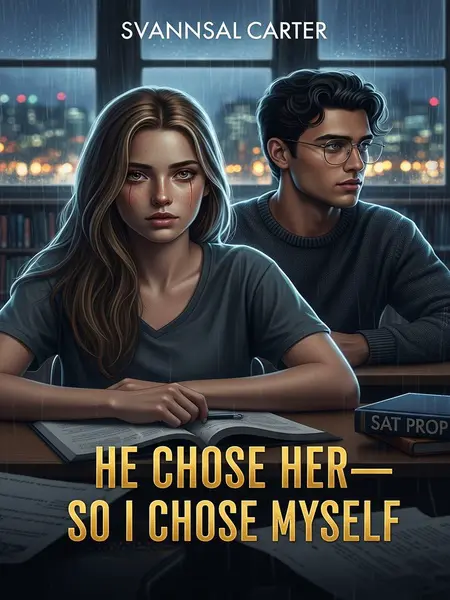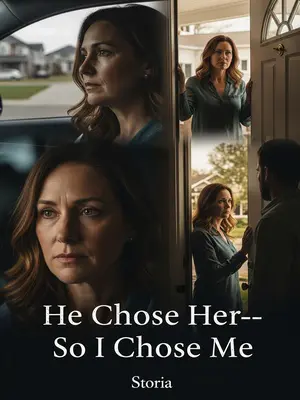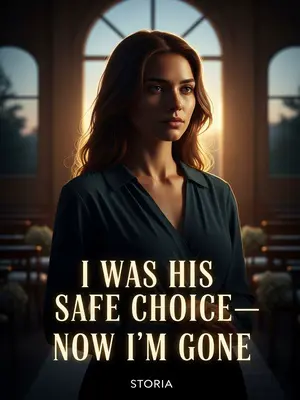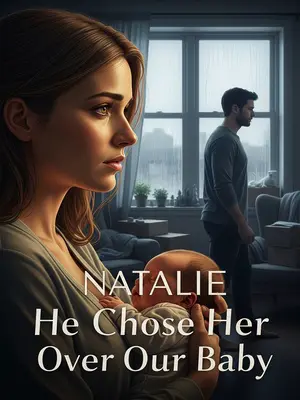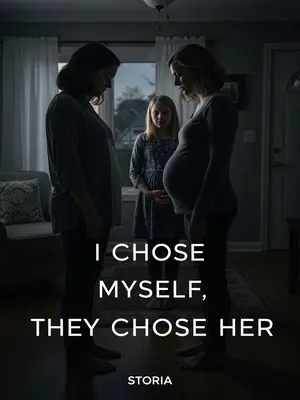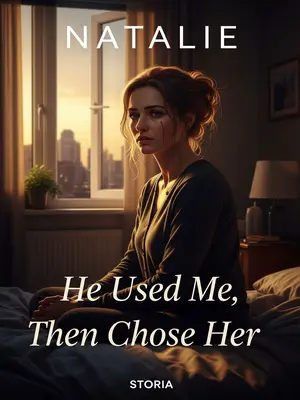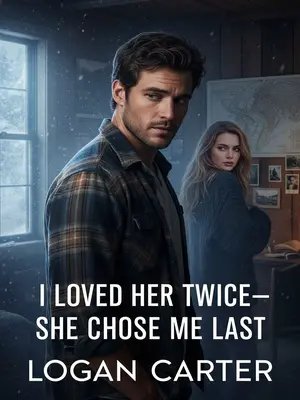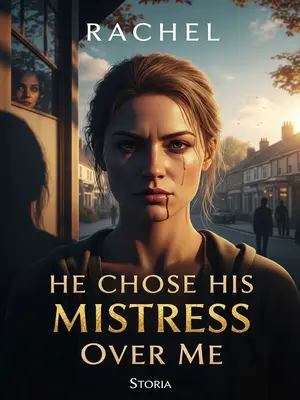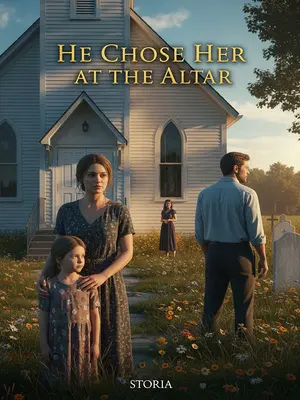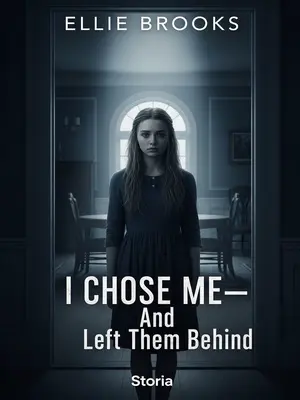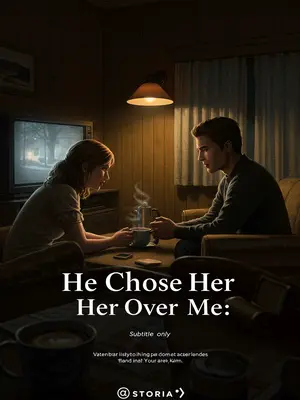Chapter 6: Lost and Found—A Debt of Hope
On Sunday, Caleb had to go home for family business. I invited him to dinner that night, but he never showed up. I waited all night, then went to school early to ask his teacher. Turns out he was just busy at home, so I relaxed.
I worried, but tried not to show it. He was tough. He’d be okay.
Two days passed, still no sign of Caleb. I couldn’t sit still, so I asked his teacher for his home address—this time, the teacher didn’t refuse.
He scribbled it down, telling me to be careful. I promised I would.
Caleb’s home was over fifteen miles from town. The bus only went as far as the township; to reach the village, you had to catch a ride from someone with a pickup truck.
I packed a bag with snacks and set off, determined to find him.
The road to the village was paved, but full of potholes and dust. I could barely keep my eyes open the whole ride.
The ride was bumpy, the sun hot on my neck. I clung to the seat, trying not to get carsick.
Luckily, Caleb’s grades were famous in the area, so the driver took me straight to his door.
He grinned, proud to know someone so smart. I thanked him, nerves jangling.
Looking at the crumbling farmhouse, my eyes filled with tears.
It was smaller than I’d imagined, the paint peeling, the yard overgrown. I wiped my eyes, steeling myself.
Caleb was surprised to see me, then his eyes dimmed.
He looked away, embarrassed. I smiled, hoping to put him at ease.
His mom came out, smiling, and asked who I was, inviting me in.
She was kind. Hands rough from years of hard work. I liked her immediately.
Caleb told me to wait and brought out two stools. “What do you want?”
His voice was gruff, but I saw the gratitude in his eyes. He didn’t want me to see him like this.
Clearly, he didn’t want me to see his home or linger.
I respected his pride, but I wasn’t leaving.
In my past life, I would have taken the hint and left. But now, I knew how much a helping hand meant in tough times.
I sat down, refusing to be chased away by a little discomfort.
“Caleb, maybe I can’t do much. You’d get through this even without me. But I consider you a friend, and I hope you do too.”
I spoke from the heart, hoping he’d believe me.
Kids from tough families grow up fast. Caleb’s eyes reddened. For the first time, he looked his age—helpless and sad.
He wiped his eyes, looking away. I reached over, giving his hand a gentle squeeze.
His father had early-stage lung cancer. Surgery could probably cure it, but the operation alone would cost fifteen to thirty thousand dollars, not counting hospital stays, tests, and follow-up meds.
The numbers swirled in my head, impossible and terrifying. But I refused to give up.
I remembered a girl in our class who got leukemia in sophomore year. The whole school managed to raise only twelve thousand.
It had seemed like a miracle at the time. Now, it felt like a drop in the bucket.
But the school never organized a fundraiser for Caleb’s dad.
I felt a surge of anger. Why was it always the quiet kids who got left behind?
Thinking of how much better off my uncle’s family in Chicago was, I clapped Caleb on the shoulder. “Your dad has to be saved.”
He looked at me, hope flickering in his eyes. I smiled, promising I’d find a way.
Caleb smiled bitterly, his eyes lifeless.
He’d given up before the fight even started. I refused to let him.
Tens of thousands of dollars—he’d have to risk his own future for that kind of money.
He was willing to sacrifice everything for his family. I respected that, but I wanted more for him.
But I knew that was just a couple of months’ living expenses for my uncle’s family in Chicago.
Perspective is everything. I made up my mind to ask for help.
I went to the village store and called my uncle for the first time, explaining Caleb’s situation and updating him on my studies.
The phone line crackled, my voice shaking. Uncle listened, then promised to help.
We’d count the money as a loan. Caleb and I would pay it back.
It was the only way Caleb would accept it. I knew his pride too well.
Uncle asked where my confidence came from.
I grinned, thinking of all I’d survived. “I just know things will work out.”
I laughed, “Uncle, Dad said your dream years ago was to buy a pickup and a color TV. But now you live in a condo and drive a car. You know better than us kids how much things have changed. And you know what kind of opportunities students from top universities get.”
I wanted him to remember how far he’d come. If he could do it, so could we.
Otherwise, he wouldn’t have suggested I go to school in Chicago.
He chuckled, pride in his voice. I felt a surge of hope.
Uncle laughed, said I was more mature now. Steady. Confident.
He promised to send the money, no questions asked. I thanked him, relief flooding through me.
Seventeen-year-old with a twenty-six-year-old’s mind—of course I had some perspective.
I’d lived a lifetime already. I wasn’t about to waste my second chance.
After hanging up, I told Caleb the basics.
He listened, silent and tense. I watched the hope slowly return to his eyes.
His parents refused at first—they didn’t want Caleb in debt, and couldn’t afford the follow-up costs.
They argued, voices trembling. I stepped in, promising we’d figure it out together.
I looked at Caleb and said, word by word, “Remember what I told you about being worth millions in a few years?”
He met my gaze, determination sparking. I knew he’d say yes.
Caleb was silent for a moment, then nodded firmly. “I’ll borrow it.”
His voice was steady, his eyes clear. I smiled, proud of him.
